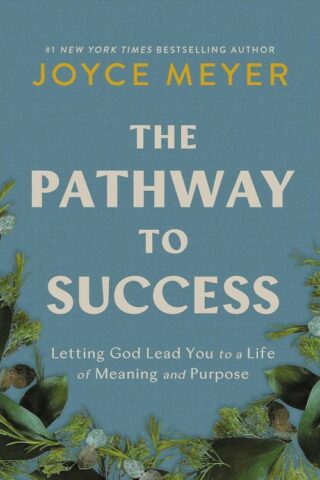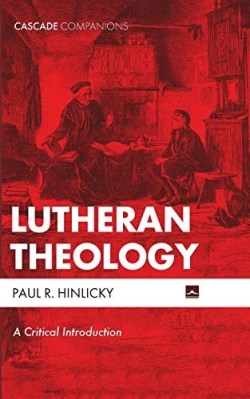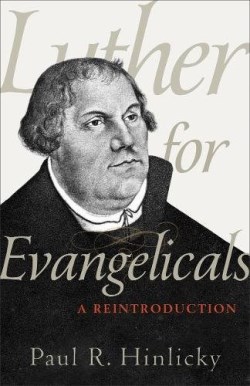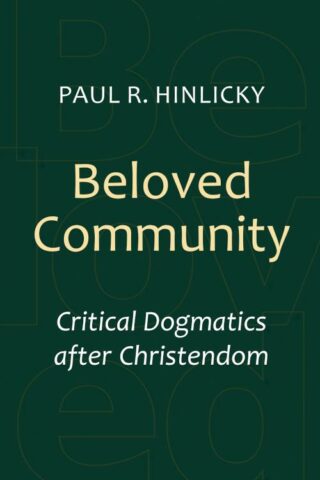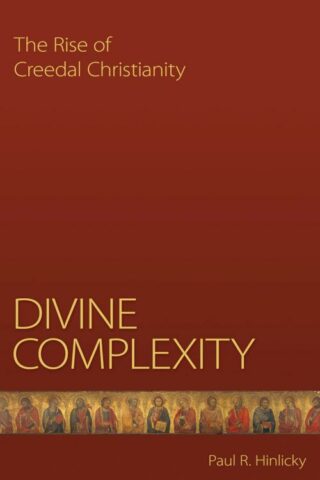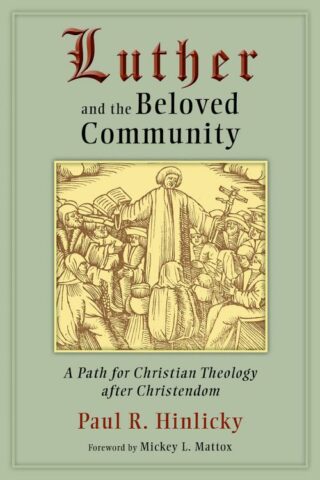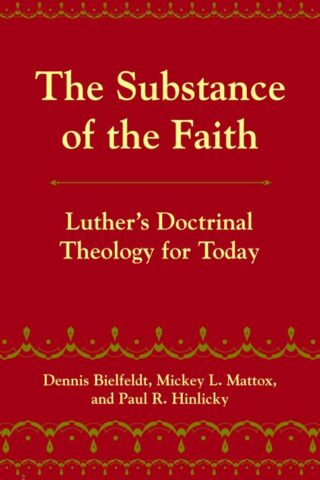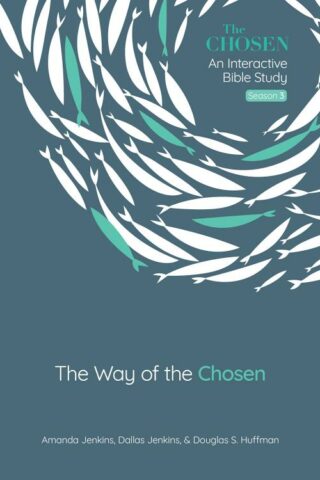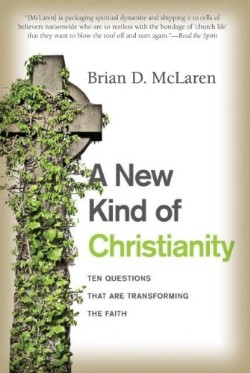Paul Hinlicky
Showing all 6 resultsSorted by latest
-
Lutheran Theology : A Critical Introduction
$27.00In this book Lutheran theologian Paul Hinlicky makes the deeply conflicted origins of Lutheran theology fruitful for the future. Exploring this intellectual and spiritual tradition of thought through its major historical chapters, Hinlicky rejects essentialist projects, exposing the debilitating binaries such programs engender and perpetuate, to establish an authentic Luther-theology or Lutheran theology. Hinlicky excavates the ways that throughout a five-hundred-year tradition the legacy of Luther texts has been appropriated, retooled, subverted, or developed. Readers of this introduction will thus be critically equipped to make intellectually honest appropriations of the Luther legacy in the plurality of contemporary contexts in which this iteration of Christian theology will continue.
Add to cartin stock within 3-5 days of online purchase
-
Beloved Community : Critical Dogmatics After Christendom
$78.99In this scholarly work Paul Hinlicky transcends the impasse between dogmatic and systematic theology by articulating and arguing a single cognitive claim: God is the One who has determined to redeem the creation by the missions of his Son and Spirit.
Deploying an unusual Spirit-Son-Father trinitarian scheme, Hinlicky treats the problem of the knowledge of God and the nature of the theological discipline, and he proceeds to carefully develop his system of theology through expansive, wideranging argumentation. Each main part of his work includes discussion of the ecumenical convergences in doctrine gained over the last generation and exploration of interreligious dialogues, especially with Judaism and Islam. Throughout the book, Hinlicky engages with other theologians – particularly with Robert Jenson’s Systematic Theology – and concludes each major section with a discussion of an alternate perspective on the subject.
Add to cartin stock within 3-5 days of online purchase
-
Divine Complexity : The Rise Of Creedal Christianity
$53.33Introduction
1. The Primacy Of The Gospel
Augustinian Critique Of Epistemology
The Primacy Of The Gospel
Natural Theology? Divine Simplicity?
Kataphatic Theology2. From Resurrection Kerygma To Gospel Narrative
The Resurrection Of The Crucified As Hermeneutic
The Chief Question: Resurrection As The Spirit’s Narration
Resurrection As Event In The Life Of God
Resurrection As Possibility In The Life Of The World
Resurrection As Reality In The Life Of The World
Resurrection’s Retroactive Causality
Bultmann’s Objection
The Gospel As Promissory Narrative3. The Scriptures’ Emergence As The Church’s Canon
Jesus-New And Living Temple
The Johannine Bridge
Critique Of Modern Johannine Criticism
Kasemann’s Dissent
Hoskyns’s Theological Interpretation Of John
The Johannine Theology Of The Martyr
Ignatius, Polycarp, And The Martyrs’ Canon
The Knowledge Of God In The New Testament4. The Trinitarian Rule Of Faith
Paul As Theologian
Paul’s “Canon” Of Faith (Galatians 6:16)
Early Christian Dogma In The Pastoral Epistles
Martyrological Ethos In The Pastoral Epistles
Christian “Atheism” In Justin Martyr
Justin Against Gnosticism
Irenaeus And The Theology Of The Martyrs
The First Dogmatics
The Economy Of God
The Rule Of Faith And The Trinity5. The Confrontation Of Biblical And Philosophical Monotheism
The Problem Of Christianity And Platonism
Overview Of Trinitarian Doctrine And Trinitarian Errors
Two Kinds Of Monotheism: The Living God Of Radical, Or Exclusive,
Monotheism
Two Kinds Of Monotheism: Divine Simplicity
Eternal Generation
Systematic Theology As Systematic Apologetics
Arius As Consistent Platonist6. The Holy Trinity As The Eternal Life
The Martyriological Background
The Creed At Nicea 325
Theology Of Redemption
Lord And Giver Of Life
The Homoiousions And The Homoousions
The Failure Of Biblicism
The Trinitarian Theology Of The Cappadocians
Worshipped And Glorified, Together With The Father And The SonPostscript: The “Impassible Passibility” Of The Trinity
Notes
IndexAdditional Info
Paul Hinlicky reads the history of the early church as a genuine, centuries-long theological struggle to make sense of the confession of Jesus’ life, death, and resurrection. Protesting a recent parting of the ways between systematic theology and the history of early Christianity, Hinlicky relies on the insights of historical criticism to argue in this historical survey for the coherence of doctrinal development in the early church. Hinlicky contends that the Christian tradition shows evidence of being governed by a hermeneutic of “cross and resurrection.” In successive chapters he finds in the New Testament writings a collective Christological decision against docetism; in the union of Old and New Testaments, a monotheistic decision against Gnostic dualism; in the resulting sweep of the canon a narrative of the divine economy of salvation that posed a trinitarian alternative to Arian Unitarianism; and in the insistence upon the cross of the incarnate Son, a rebuke of Nestorianism.This book is written with the student of early Christianity and the development of doctrine in mind.
Add to cartin stock within 3-5 days of online purchase
-
Luther And The Beloved Community
$48.99Is Christian belief tenable today? Is it possible to be a creedal Christian? With the help of Martin Luther, Paul Hinlicky here explores classical Christian beliefs regarding the person and work of Christ and human nature and destiny. He also counters contemporary objections to creedal faith, from the so-called “new perspective on Paul” to Pope Benedict’s rejection of the Augsburg Confession to the continuing challenge of Marx.
Luther and the Beloved Community does not present Luther’s medieval thought as a possibility for today, but does make him available for the future as a teacher of the faith and a help for tackling contemporary questions of Christian belief. According to Hinlicky, Luther is misused and misunderstood by those of his own tradition and needs to be understood not as “hero of the faith” but rather as the proponent of a beloved community that does not yet fully exist. In performing this makeover, Hinlicky reveals genuine new insights concealed within Luther’s rhetoric.
Add to cartin stock within 3-5 days of online purchase
-
Substance Of The Faith
$38.33This useful and insightful volume aims to illustrate, espouse, and renew the discipline of doctrinal theology, particularly as exemplified historically by Martin Luther and his theological reflection on the Trinity.
The authors, steeped both in Luther’s works and in the doctrinal tradition, show how dogmatics in the Lutheran tradition entails a delicate juxtaposition of credal commitment, scriptural interpretation, and doctrinal elaboration. Their respective chapters retrieve surprising historical insights about Luther’s own practice of doctrinal theology, the interaction of the credal and doctrinal dimensions with a nuanced hermeneutic of scripture, and the future shape of a doctrinal theology genuinely responsive to the gospel and the present age.
Add to cartin stock within 3-5 days of online purchase



